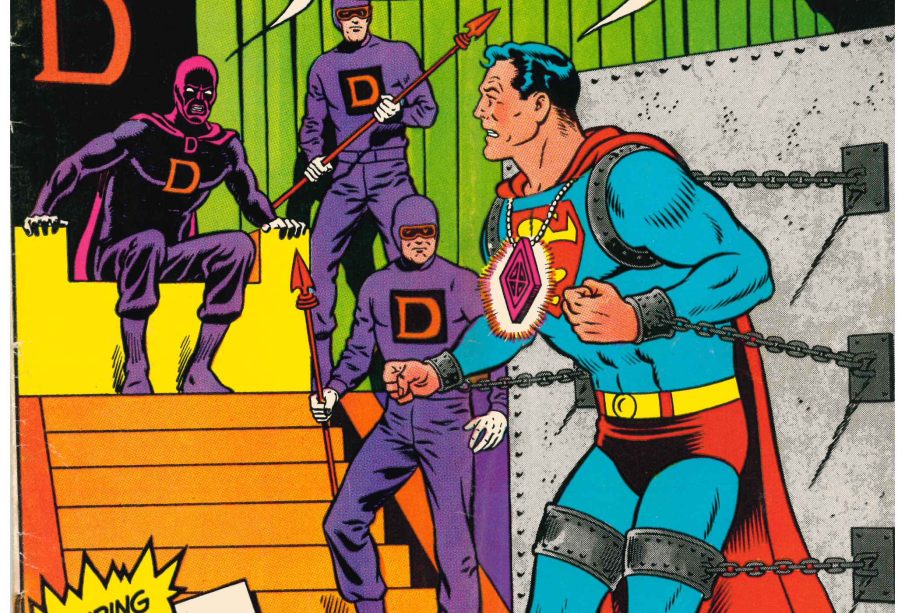Superman Returns: Revisiting a Modern Superhero Classic

Introduction
Released in 2006, ‘Superman Returns’ marked a significant moment in the superhero genre, standing as a sequel to the classic 1978 film ‘Superman’. Directed by Bryan Singer, this film not only revitalised the Superman franchise but also contributed to the resurgence of superhero movies in mainstream cinema. Understanding its impact today, over a decade later, sheds light on how it helped shape contemporary superhero storytelling.
The Journey of Superman Returns
‘Superman Returns’ was highly anticipated, serving as a bridge between generations of fans. Brandon Routh was cast as Superman, taking on the iconic role previously played by Christopher Reeve, which sparked both excitement and scrutiny among fans. The film’s narrative follows Superman’s return to Earth after a five-year absence, where he discovers that Lois Lane (Kate Bosworth) has moved on with her life and started a family, showcasing a more human side of the hero.
Critical Reception and Box Office Performance
Upon its release, ‘Superman Returns’ received mixed reviews from critics. While many praised its visual effects and Routh’s performance, others felt that the film lacked the action and pacing of contemporary blockbusters. Despite this, the film was a commercial success, grossing over $391 million worldwide. It reignited interest in the character and paved the way for future explorations of Superman in film and television.
Legacy and Cultural Impact
The film’s impact goes beyond box office numbers. It contributed significantly to the ‘reboot’ trend in Hollywood, leading to a reevaluation of how comic book characters could be portrayed on screen. It also raised discussions around the portrayal of heroism and personal sacrifice, themes that would greatly influence later superhero films, particularly in the DC Extended Universe.
Conclusion
As we reflect on ‘Superman Returns’, we can see its significance in the evolution of superhero cinema. The film introduced a more complex narrative and emotional depth, setting the stage for modern superhero films that balance action with character development. Though not universally adored, ‘Superman Returns’ remains a crucial chapter in the story of Superman’s cinematic journey, reminding audiences of the timeless relevance of the Man of Steel. Its legacy is a testament to how superhero films have transformed in both scope and storytelling, encouraging ongoing discussions about the genre’s future.









